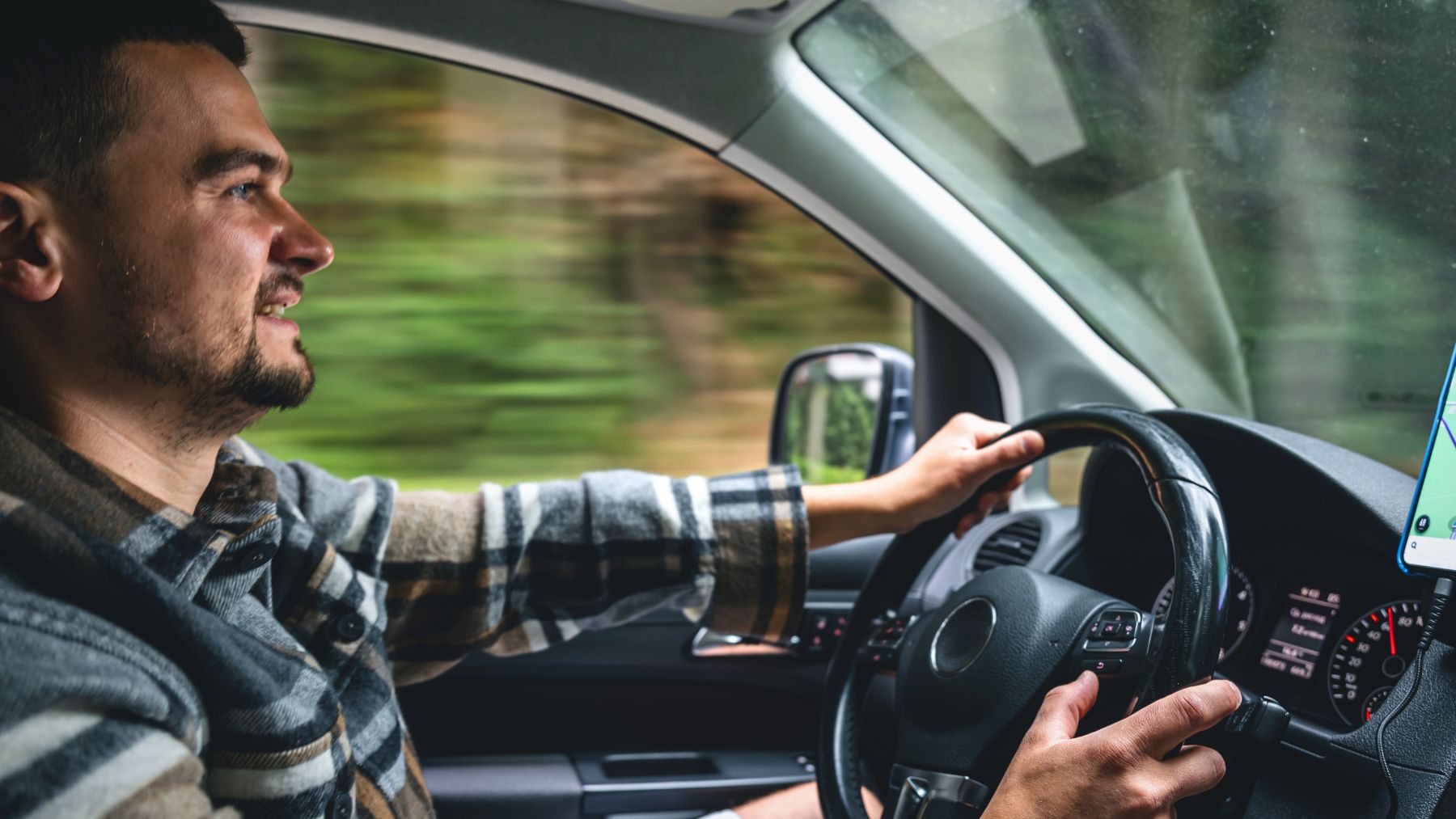Some people always seem to be in a hurry behind the wheel. They push the speed limit even when there’s no clear reason to rush. It might look like impatience, or just a bad habit, like insulting other drivers, but there’s more going on under the surface. Psychology offers insight into why some drivers are drawn to speed again and again.
Here, we’ll break down the psychological traits and emotional triggers that make some people more likely to drive fast. We’ll look at personality factors like impulsivity and thrill-seeking, and how emotions, social influence, and even a sense of detachment can all feed into speeding behavior.
Why do some people drive fast all the time?
Driving fast isn’t just about getting somewhere quicker. In fact, for many drivers, it has more to do with what’s going on in their minds than what’s happening on the road. A consistent pattern of speeding often ties back to personality, emotional state, or how people perceive risk and control. And once it becomes a habit, it tends to reinforce itself over time.
Thrill-seeking and excitement
Some people are naturally drawn to stimulation. These are the types who enjoy taking risks and chasing adrenaline. Speeding gives them a quick burst of excitement that can be hard to resist. From a psychological standpoint, this is linked to sensation-seeking behavior and the brain’s reward system. The faster they go, the more dopamine gets released, which makes the behavior feel good, even if it’s dangerous.
Impulsivity and poor risk calculation
Others speed simply because they act before they think. Impulsive drivers often don’t pause to weigh the consequences. They might cut corners, accelerate aggressively, or ignore limits because it feels right in the moment. Psychology connects this to poor self-regulation and higher levels of impulsivity, both of which can make people more likely to take risks in general.
Overconfidence in driving skills
Many habitual speeders believe they’re better drivers than most. They trust their ability to handle the car, read the road, and react in time, even at higher speeds. This belief in personal skill can lead them to ignore real danger. Psychologists call this the illusion of control. It’s when someone overestimates how much power they have in a risky situation. That false confidence makes them less likely to see speeding as a problem.
Emotional drivers
Strong emotions also influence how people drive. Anger, frustration, stress, or even excitement can push someone to speed without realizing it. For some, going faster is a way to blow off steam or feel more in control. In this case, the behavior is more about mood regulation than getting somewhere quickly.
Social influence and peer behavior
People who speed often have friends, family, or social groups where that kind of behavior is common or even admired. If someone grows up in an environment where driving fast is normal, they’re more likely to carry that into adulthood. Peer influence plays a big role, especially for younger drivers who are still forming their habits.
Lack of accountability behind the wheel
There’s something about being in a car that can make people feel invisible. When you’re inside a vehicle, you’re physically removed from others. That sense of anonymity can lead to behavior you wouldn’t show face-to-face. It lowers social inhibition and can make drivers feel disconnected from the consequences of their actions.

